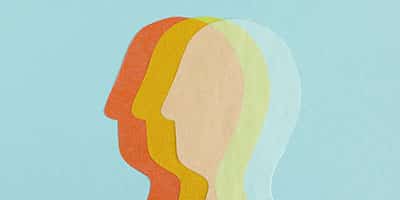
Hi, I’m Rex, the Head of Behavioural Science in Boutros Bear! We incorporate Behavioural Science into everything we do in the company, particularly into our digital critical illness platform and how we communicate with you. We bring together the latest insights using our frameworks and pioneer new ones by conducting interventions that are aimed to nudge you to form healthier habits.
Let me share with you some examples on how we use behavioural science to benefit you during the 12-week programme!
On average, it takes 66 days to form a habit so taking the occasional day off won’t affect your habit-building process.1 Don’t be afraid to take a break every now and then!
Smiling (even when you don’t mean it), can make you happier! Triggering certain facial muscles by smiling can trick your brain into thinking you’re happy.2
Laughing decreases stress hormones and increases blood flow, which reduces the risk of heart attack and other cardiovascular problems.3
Asking yourself a goal-related question is more motivational than stating it as the truth!4 As an example, if you need motivation, ask yourself “Will I do it?” rather than saying “I will do it.”
Try not to be too strict with your diet and exercise choices. When we’re too strict on ourselves, we tend to want to break our own rules!5
Break down those hard-to-reach goals into small, simple actions. This reduces the perceived effort of completing a task.6 Write down the small steps needed to achieve your goals, reaching it won’t feel as daunting anymore.

Former Boutros Bear employee
References

Get your employees back to their best selves with Boutros Bear
Boutros Bear Ltd
Quern House, Mill Court
Great Shelford, Cambridge
CB22 5LD
Tel: +44 (0) 1223 343 235
Privacy Policy | Terms and Conditions | Cookie Policy
Boutros Bear Ltd Company number 11509447
Registered office address: 36 Queens Road, RG14 7NE
Website by 2idesign ltd // Creative Design Agency // Cambridge